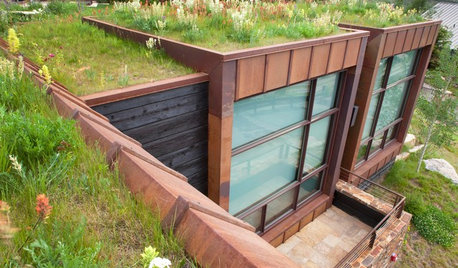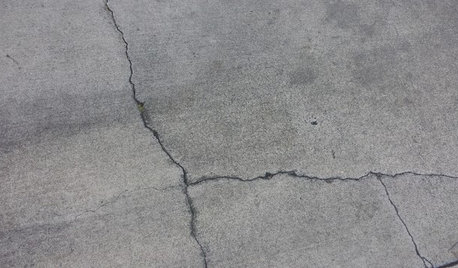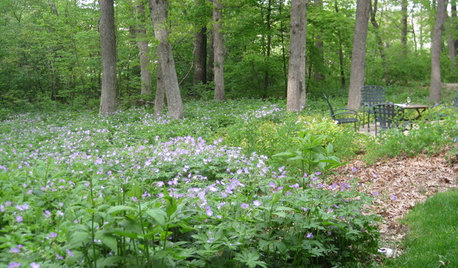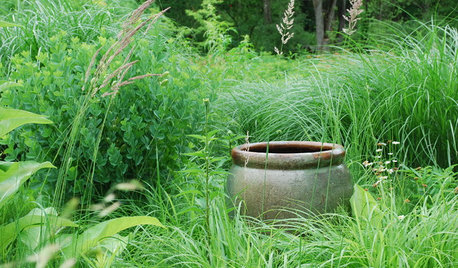On Science And Experimentation ...
The_Mohave__Kid
18 years ago
Related Stories

GREEN BUILDING6 Green-Roof Myths, Busted
Leaky, costly, a pain to maintain ... nope, nope and nope. Get the truth about living roofs and see examples from simple to elaborate
Full Story
COLORSpeed-Dial Color Selection to Get the Best Result
You’ve belabored your color decisions and are still stuck. Here is how to evaluate your space and make choices that are right for you
Full Story
CONCRETEWhy Concrete Wants to Crack
We look at the reasons concrete has a tendency to crack — and what you can do to help control it
Full Story
ART10 Things Artists Want You to Know
Inspiration, costs, commissioned work ... 5 artists share on these subjects to paint you a picture of the creative process
Full Story
GARDENING GUIDESWe Bust 4 More Native Plant Myths
Have you been taken in by these fallacies about gardening with native plants?
Full Story
FUN HOUZZHouzz Quiz: What Color Should Your Front Door Be?
Think you’re hip enough for orange? Or optimistic enough for yellow? Take our front-door personality quiz and find out
Full Story
HOMES AROUND THE WORLDWorld of Design: 11 Book Lovers and Where They Like to Read
Bibliophiles across the globe reveal their top books and favorite reading spots, from a 2-story library to an artfully curated book nook
Full Story
GARDENING GUIDES5 Invaluable Life Lessons From the Garden
The garden is both teacher and healer. Don't be afraid — dig in and reap the benefits
Full Story
THE ART OF ARCHITECTUREMaterials Workshop: Channel Glass Finds Its Groove in Homes
The commerical world already knew its benefits. Now channel glass is bringing diffused daylight, privacy and more to residences
Full Story
EVENTSOn Show: The Greatest Invention of Our Time
An exhibit spotlights remarkable new directions for an object we'd all be hard pressed to live without
Full StorySponsored






albert_135 39.17°N 119.76°W 4695ft.
whitejade
Related Professionals
Garden City Landscape Architects & Landscape Designers · Saint Louis Park Landscape Architects & Landscape Designers · Harvey Landscape Architects & Landscape Designers · Americus Landscape Contractors · Dallas Landscape Contractors · New Berlin Landscape Contractors · Post Falls Landscape Contractors · Rockwall Landscape Contractors · Draper Decks, Patios & Outdoor Enclosures · Fullerton Decks, Patios & Outdoor Enclosures · Honolulu Decks, Patios & Outdoor Enclosures · Portland Decks, Patios & Outdoor Enclosures · San Jose Decks, Patios & Outdoor Enclosures · Wilmington Decks, Patios & Outdoor Enclosures · Worcester Siding & Exteriorsjimster
The_Mohave__KidOriginal Author
jimster
jimster
The_Mohave__KidOriginal Author